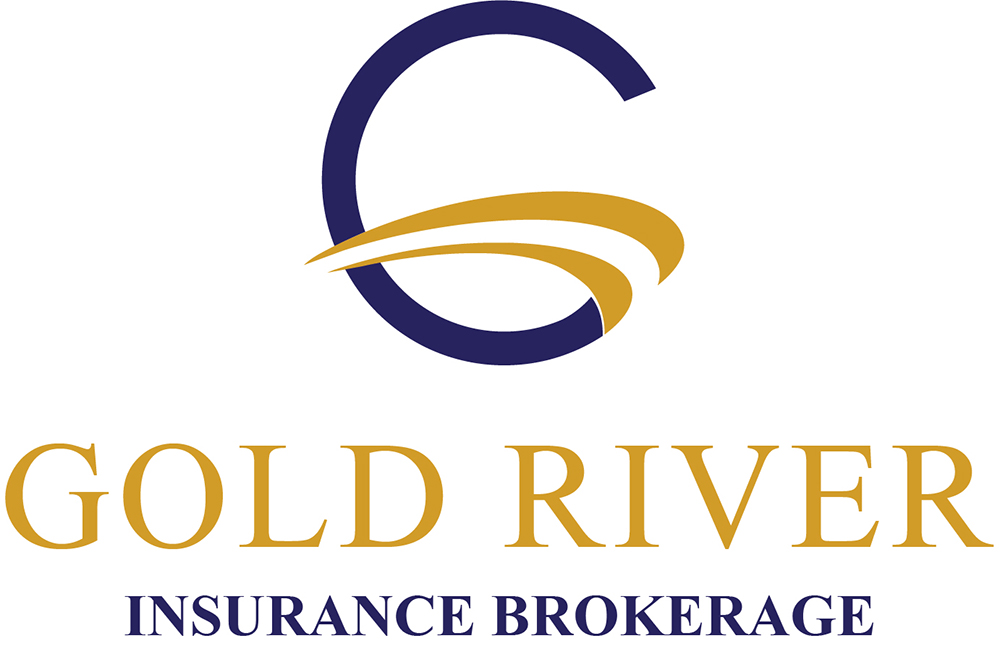Contact Us
Gold River Insurance Brokerage is a commercial insurance specialist helping small business owners nation wide.
OFFICE ADDRESS
60 Rutledge Street
Brooklyn, New York,
11249.
4348 W Cheyenne Ave, N Las Vegas, NV 89032
EMAIL & PHONE
[email protected]
212-493-3322
718-298-2045
